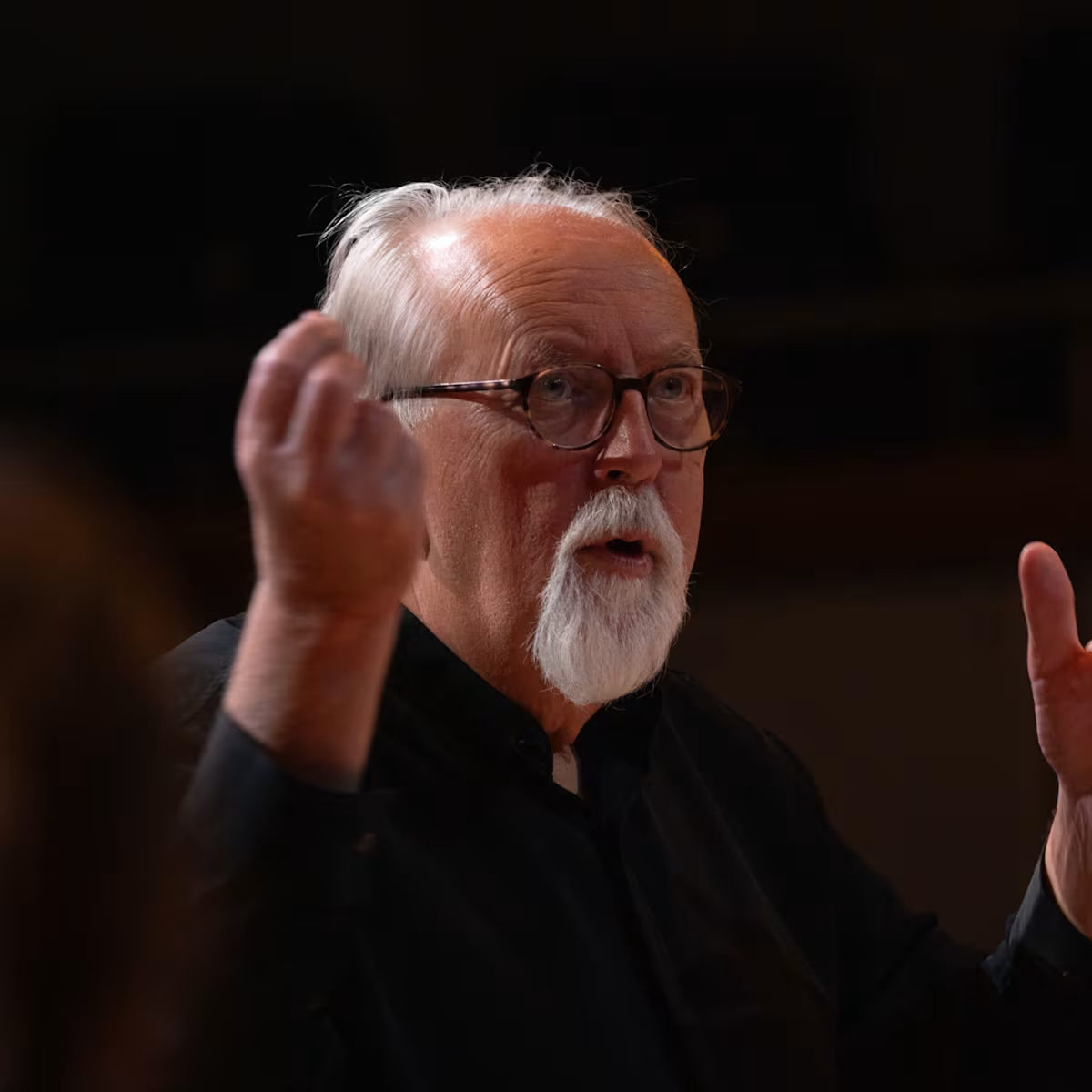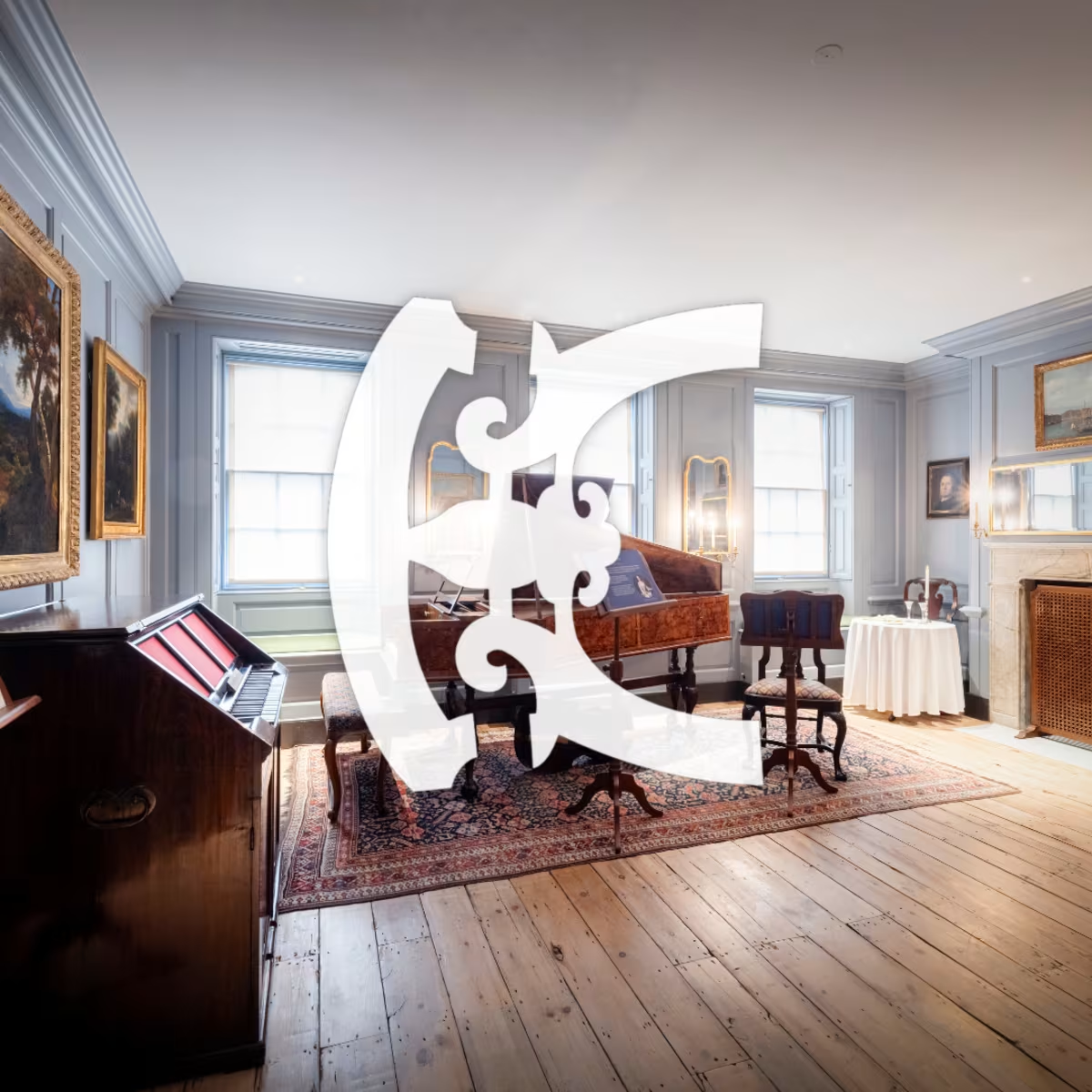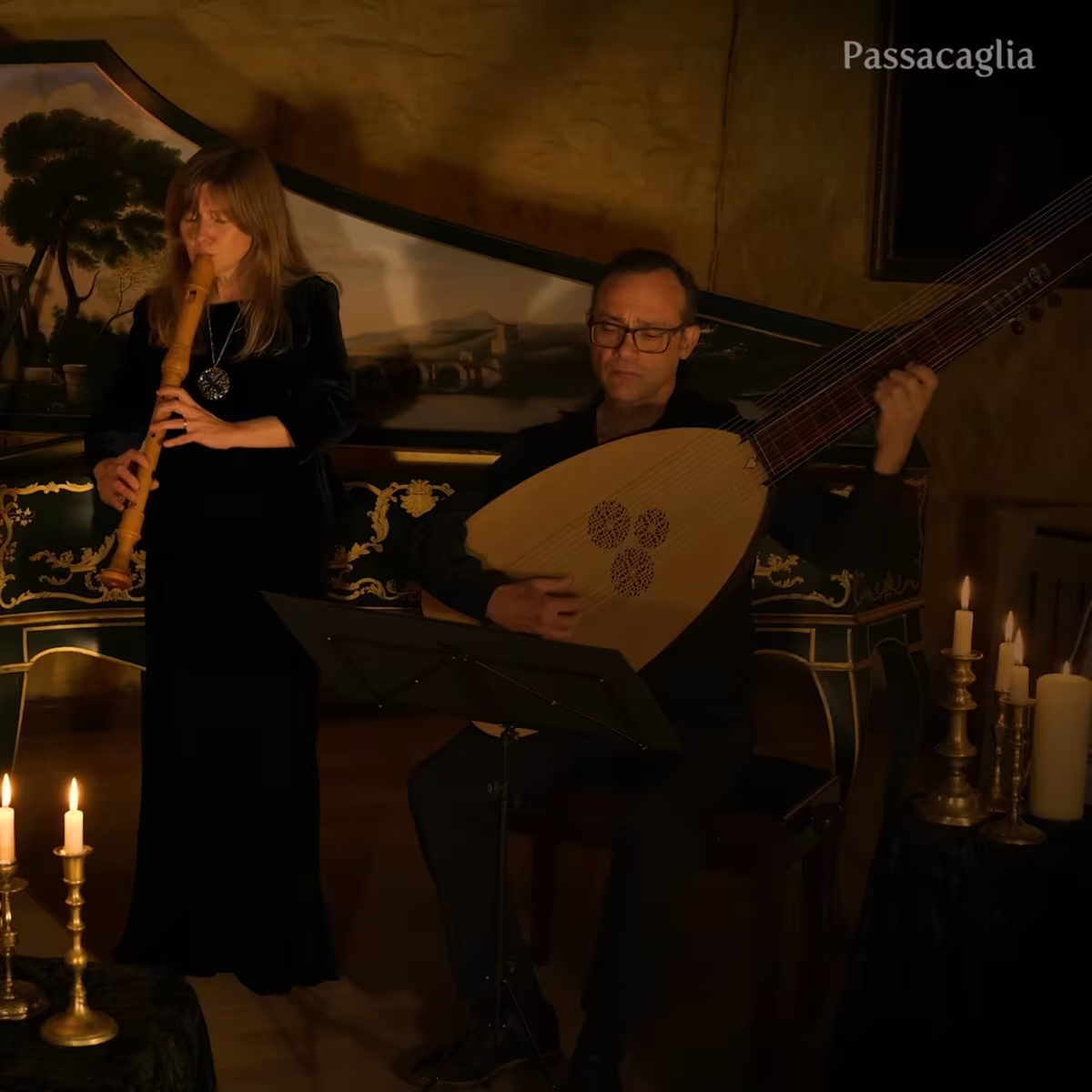Feature
Period-Instrument Comedy at La Scala, Milan, and Opéra Royal, Versailles
by Simon Mundy
Share this

FIRST PUBLISHED 21 APR 2025
Opera may be a serious business, but the business of opera can be seriously silly, especially when it is disastrous. And it always has been. Watching Florian Gassmann's L'opera seria – an opera about the production of an opera – in the grandest of houses, La Scala, the conclusion is reached quickly that not much has changed since it was first staged in Vienna in 1769, and in Venice a couple of years later. The sopranos rage, the composer and librettist fume, the choreographer is an impossible egotist, the principal tenor is as thick as a stage support, and the manager is driven to despair before he runs off with the night's takings.
“The plot of L’opera seria is quite astonishing. In essence, the story is about a theatre director, an impresario, who intends to create an opera in his theatre. He has to contend with the librettist, the composer, the singers, the ballet master, the copyist and even the singers’ mothers. It’s an absolutely incredible fantasy and a mock documentary on the creation of an 18th-century opera. It is obviously a farce, right down to the names of the characters." – Christophe Rousset
Gassmann, who was the court composer in Vienna in the generation before Mozart (so was a contemporary of Bach's sons and Gluck), was a good-enough composer to be able to satirise the conventions and absurdities of classical opera. It's likely that his main targets were the rank and file of Italians, headed by Bononcini, who dominated the scene with musical cadences that never seemed to end, trills that went on forever, and formulaic recitative that went round in circles. His co-destroyer of reputations was Ranieri de' Calzabigi, who also wrote the words for Gluck's Orfeo ed Euridice, so was no average scribbler. His principal target, though unnamed for good political reasons, was probably Pietro Metastasio, who speedily wrote libretti to suit any composer who wanted a quick and easy script.

L'opera seria is very funny. It starts with the cast and writers feuding at the read-through. Three sopranos vie to upstage each other, complain about their arias, and swear they are too sick to perform. The tenor preens himself and can't tell the difference when he sings between Scylla and Sicily (so the sea monster Charybdis goes to Sicily where she lived anyway). The librettist groans in anguish at his reading while the soubrette seduces the composer to get a bigger part. The second act portrays the increasingly ghastly dress rehearsal while the performance (the last act) literally falls apart.

Satire, especially 250 year-old satire, needs a deft director to bring the jokes to life. Laurent Pelly caught just the right balance between the sincere frustration of the characters and their over-heated sense of entitlement. Lionel Hoche's choreography was properly hysterical, with routines that could have come out of the wildest moments of The Two Ronnies. If there was a mistake, it was in the monochrome costumes by Pelly that, in the vast horseshoe of La Scala, made it difficult to tell the warring sopranos apart.

The music was in the perfectionist hands of Christophe Rousset and his orchestra, Les Talens Lyriques, from Paris. The secret of good comedy is to perform the music really well, so that the nonsensical elements stick out. This the cast achieved beautifully. We floated along through gorgeous arias only for them to degenerate as their decorations and repetitions melted into farce.
Rousset is a real pioneer of neglected opera and, as a companion piece to the Gassmann, this month he releases his recording of the equally funny political satire by Gassmann's pupil (and Schubert's teacher) Antonio Salieri. Cublai, gran kan de' Tartari is about as far from the mystical romance of Coleridge's drug-induced vision as it is possible to get. Cublai is a drunken and none-too-bright autocrat with a predictably dysfunctional household and a pretty loose grip on reality. Written in 1788 with a libretto by Giovanni Casti, it was aimed at autocrats in general and the Russians in particular (spot the contemporary relevance), but was too close to the diplomatic nerve for Josef II in Vienna, and he cancelled the premiere. It has never been performed, so Rousset's recording on the Aparté label (AP 379) is a delightful way to commemorate Salieri on the bicentenary of his death.
The day after seeing L'opera seria in Milan, I journeyed to Versailles for the premiere of a new and splendidly witty production of Donizetti's La fille du régiment in the more intimate theatre of the Palace's Royal Opera. These days, Versailles has its own period instrument orchestra, a huge improvement on the standard opera band.
It makes sense if period-appropriate music is given an at least approximately appropriate staging, and in Roland Fontaine's sets and Christian Lacroix's costumes, this production is perfectly judged. Better still, Jean-Romain Vesperini rescues Donizetti's delicious piece, basically an early operetta, from the heavy-handed diva-centred stagings it had in the 20th century.

Here, the daughter of the title, Marie, is young and properly naughty (Gwendoline Blondeel) and her mother, the snooty Marquise (Éléonore Pancrazi) is just as flirtatious in a horribly 'refined' way. And, best of all, if one is going to have a chorus of soldiers in a French operetta, why not plump for a chorus of real soldiers – in this case the Choir of the Army of France, which proved to be not only in very fine voice, but able to poke fun at their own marching skills. Gaétan Jarry looked as if he was enjoying himself conducting in the pit as much as we were in the audience.
The Royal Opera of Versailles 2024-25 programme ends with a short run of a baroque opera, Vivaldi's La Senna festeggiante (The Festival on the Seine) on 5 & 6 July. Meanwhile, La Scala's own production of La fille du régiment is part of its Autumn 2025 season with performances running from 17 October to 7 November.
Share this
Keep reading

Jeffrey Skidmore: Made in the Midlands
As he approaches his 75th birthday, Jeffrey Skidmore reflects on a career that has shaped musical life in Britain in distinctive ways.

Playlist: Handel in London
A playlist that explores the music written by George Frideric Handel in London: from operas and oratorios to instrumental highlights.

Passacaglia | Danican-Philidor ‘fils aîné’: ‘Le tombeau’
Passacaglia performs ‘Le tombeau’ in a video from their forthcoming album, ‘La Parisienne’, showcasing the music by the Danican-Philidor family.


